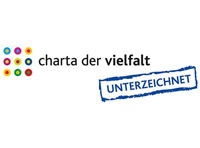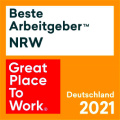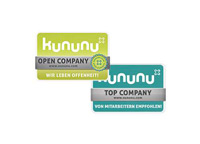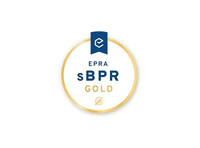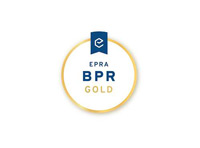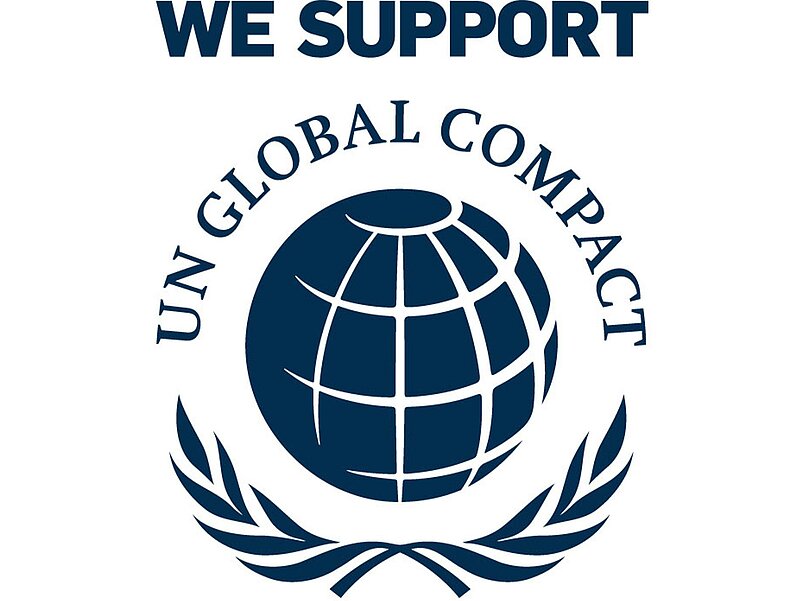Environmental Policy
LEG primarily uses its Sustainability Report and its Non-Financial Report in the Annual Report to provide information about its environmental commitment. The Sustainability Mission Statement described in the Sustainability Report as well as the Environment Area of Action serve as the foundation for the Environmental Policy in terms of content.
Principles of the Environmental Policy
Building on its materiality analysis (regularly updated), LEG has identified five action areas of sustainability strategy. On this basis, LEG already developed the above mentioned Sustainability Mission Statement in 2017, which is reviewed annually and adjusted as necessary. The Sustainability Mission Statement describes LEG's understanding of its responsibilities as well as its environmental strategy: LEG pursues the vision of a liveable world in which people use natural resources sustainably in the long term and successfully limit global warming. The building sector has considerable responsibility in this respect. For this reason, LEG focuses primarily on climate protection measures in its environmental field of action. As a housing company, we focus on reducing the energy use in providing heating and hot water to our apartments by increasing the energy efficiency of buildings. On the other hand, the company supports and promotes the use of low-emission or renewable energies. We involve our tenants by informing them about energy saving, resource conservation and about individual energy consumption via targeted measures - so tenants can also make an active contribution to CO2 reduction with their behavior.
Focus of our environmental activities
The following beliefs and commitments underscore LEG's environmental commitment and linked strategic environmental approach:
- LEG firmly believes that the company has major responsibility for the impact of its actions on the environment. Reducing emissions is a key necessity in this regard.
- LEG supports the energy transition, climate protection and adaptation to climate change, as well as the achievement of climate goals set by policymakers.
- LEG sets itself measurable, quantifiable and publicly communicated targets for the energetic modernisation of its portfolio and reports on the stages on the achievement of the targets as well as on the related initiatives. In this way, LEG has its environmental performance externally monitored.
- In order to reach ist targets, the company has implemented a fixed program for energetic modernisation. In this context, LEG makes sure that its building activities are environmentally acceptable and comply with the disposal standards, laws and regulations in force.
- In order to increase control over consumption levels and emissions, LEG also uses energy efficiency certificates that define and cluster different consumption classes - as is customary in the industry and is generally provided for by law in Germany. In addition, LEG uses a consumption-based carbon footprint, which is based on actual figures, and prepares consumption-based operating and heating cost statements. In this way, LEG supports its tenants in assessing and, if necessary, influencing their energy costs. In addition to providing information on heating costs and installing modern thermostats, LEG is working on projects to positively influence customers' consumption behavior.
- The company maintains an active dialogue with all stakeholder groups on environmental issues, emissions reduction initiatives and targets achieved.
- Resource conservation and water management are other related environmental issues, for instance waste management
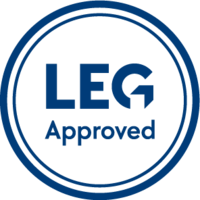
Düsseldorf, Germany, Autumn 2021
(Validity confirmed in Autumn 2023 - Next policy review in 2024)



